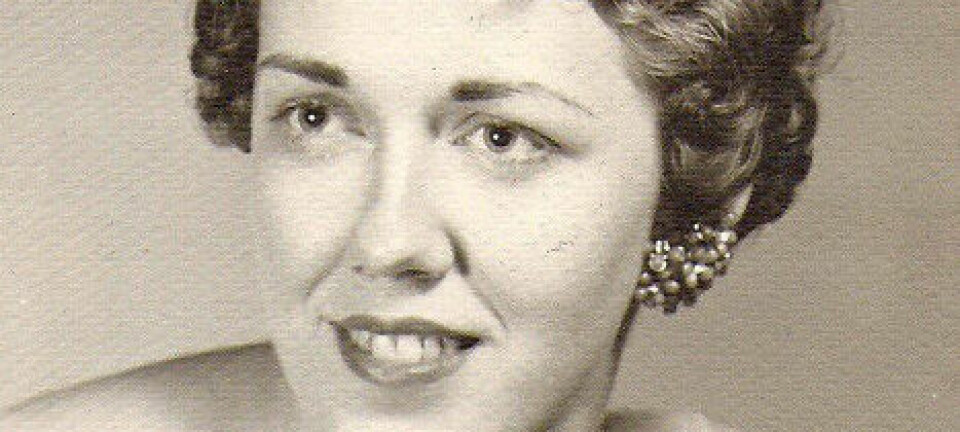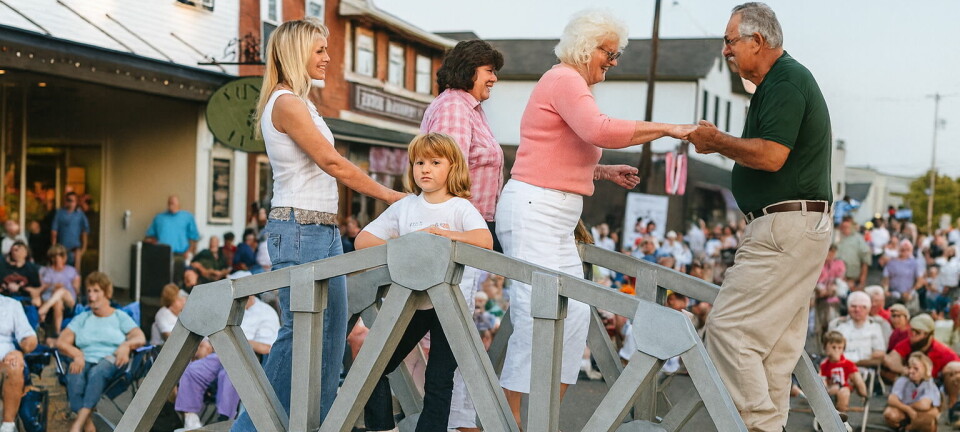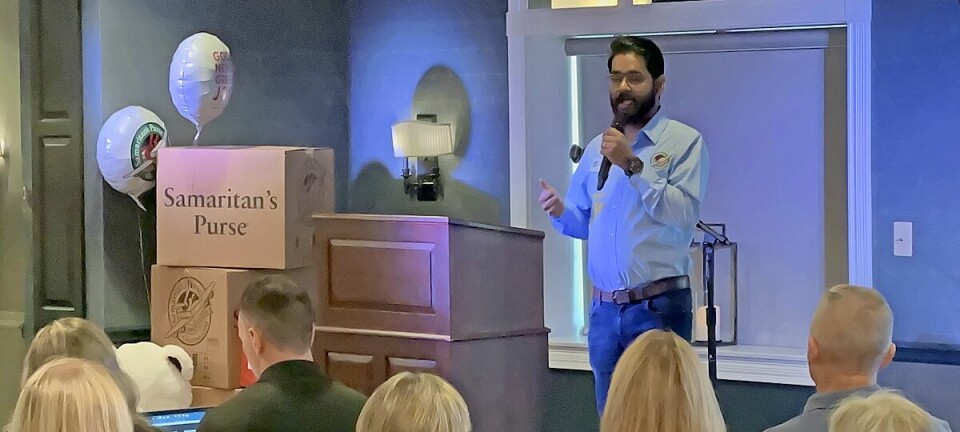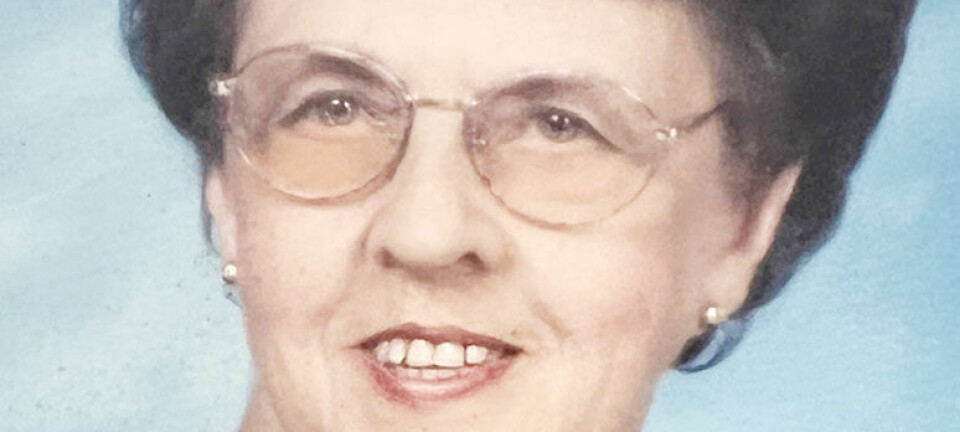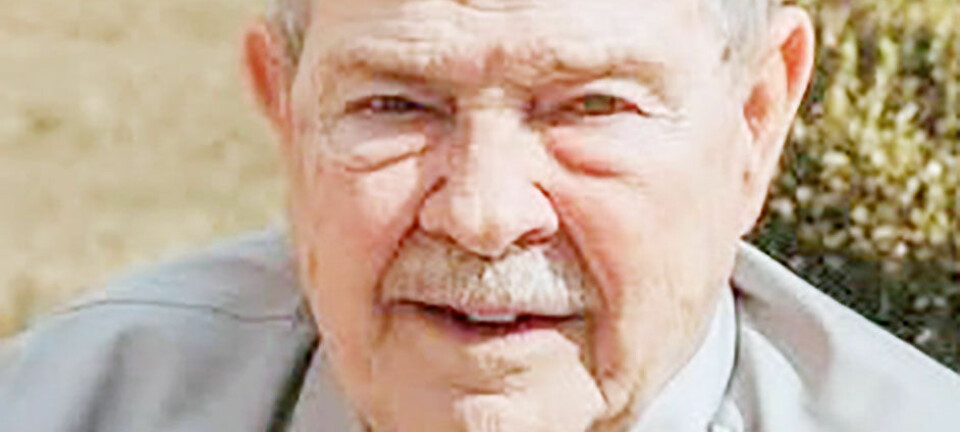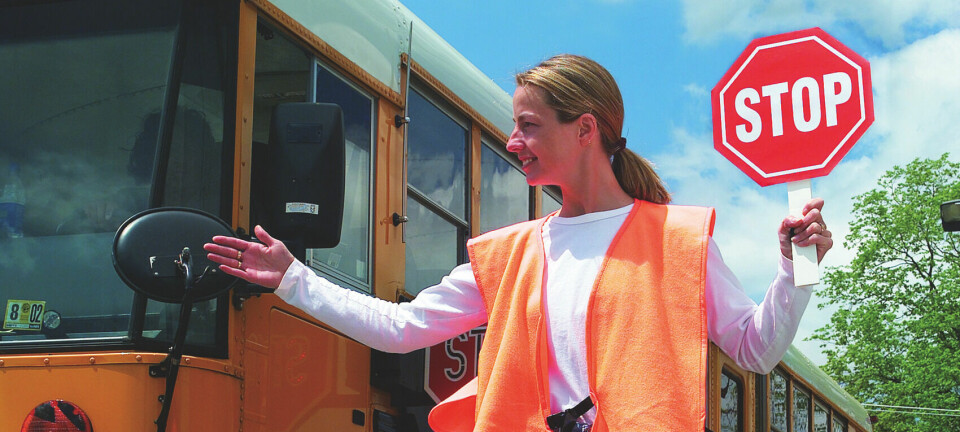A Christmas tradition that’s gone out of fashion

“Kramer vs. Kramer,” released in 1979, isn’t commonly thought of as a Christmas movie, but you could make an argument that it is.
Sure, its main theme is the effect that a couple’s deteriorating marriage has on a child and how a pending divorce hurts everyone.
Ted and Joanna, played by Dustin Hoffman and Meryl Streep, have split, leaving him to take the lead in raising their son, Billy.
When I saw it in 1979, I was impressed with the writing and the way the script left lots of room for nonverbal communication, the kind that translates emotion into a wordless look, a quick glance that challenges the viewer to fill in the blanks, to complete the connection, to — in a phrase — make the silence speak volumes.
It’s a trait shared among some of the finest films ever released, from Bogart’s nod, which unleashes “La Marseillaise” in “Casablanca,” to the way Clyde and Bonnie look into each other’s souls, seconds before a fusillade of bullets brutally ends their lives.
There’s a similar moment in “Kramer vs. Kramer” when, as Ted’s lawyer mercilessly questions Joanna on the witness stand, he shakes his head, almost imperceptibly, as if to tell her that this wasn’t his idea and that she shouldn’t consider herself a failure.
It’s not a scene that’s much fun to watch but divorces aren’t either.
Earlier in the film, we see Ted applying for a job in advertising for which he’s obviously over qualified but, needing employment before the judge considers his custody claim, he has to lower himself, if only for a chance to keep his son under his roof.
What makes the scene so effective and so memorable is that it takes place during the company’s Christmas party, an event that isolates him even more than he already feels, a man all alone.
As the festive frivolity swirls all around him, Ted sits in a chair outside an office where his future — and his son’s — is being decided. It’s a disarming juxtaposition, one that stresses the oblivious caterwauling of his would-be colleagues with his particular situation, one that has him feeling more than desperate.
“It’s the worst time of year to look for a job,” his agent has already told him, referring to Christmas and the way lots of businesses all but shut down during the holidays, but Ted knows what he must do.
The scene is brilliantly composed and shot from a perspective that accentuates Ted’s stranded-on-an-island body language, one that always puts me in mind of a similar moment in one of Hoffman’s best movies. As Benjamin in “The Graduate,” he is filmed at the bottom of his parents’ in-ground pool, wearing a ridiculous scuba-diving suit and there is no sound but his bored breathing, which causes bubbles to rise to the surface, proof of his existence.
His alienation is rooted in aimlessness, purposelessness with which he is ill-equipped to handle, all metaphorically captured in the straitjacketed prison of a rubber suit and a face mask that offers little but more of the same blank kind of future he wants to avoid.
So when we see him and Mrs. Robinson’s daughter after he’s disrupted her wedding, it’s more than two people riding in the back of a bus, a couple of kids who’ve fought back against the patriarchy and the hypocrisy of unyielding late-60s strictures.
There’s a meaningful look in their eyes that says, “Now what?”
And Simon and Garfunkel underscore their uncertainty with one of the most quoted lines in all of popular culture; to wit, “Where have you gone, Joe DiMaggio, our nation turns its lonely eyes to you,” a lyric that still feels relevant all these years down life’s long road.
So now it’s Christmastime again, and well-meaning Fezziwigs everywhere are infusing their places of business with seasonal cheer, a once-a-year excuse for being paid for doing no work.
Office parties, in my experience, anyway, have become a bit anachronistic, a remnant of a more permissive attitude, the kind that often blended camaraderie with liquid courage, a kind of laissez-faire reliance on the idea that the rules had been relaxed and it was acceptable for libations to be ingested as smoke filled the air and someone popped in a cassette tape of Vince Guaraldi’s finest.
Back then, around the time that “Kramer vs. Kramer” was released, there was an unspoken assumption that adults wouldn’t misbehave and would, without hesitation, help someone who needed a ride home, get one. Sure, there were unlicensed liaisons, the sort that might have dented a marriage or two, but it was a grownup’s game.
Office gossip notwithstanding, there was very little shrapnel that caused collateral damage, and many lasting memories were made.
Plus, there was always a surfeit of excellent homemade food, everything from baked ham to hot wings, spicy meatballs to crab-stuffed mushrooms; in short, every spouse’s seasonal specialty.
At a newspaper, in that time before everything went sideways, the sound of the presses rolling on Christmas Eve signaled not the onset of craven debauchery but a small-town sense of commonality, the kind of thing that lowered barriers and encouraged familiarity.
You might find yourself talking with a woman in the advertising department and her best pal might hang out with a semi-talented columnist, a guy who remembered to never, ever forget all that fun.
Fezziwig, the kindest boss of them all, would have been so proud.
Mike Dewey can be reached atCarolinamiked@aol.com or 6211 Cardinal Drive, New Bern, NC 28560. He invites you to find him on Facebook, where the Grinch and Charlie Brown still hang out.






